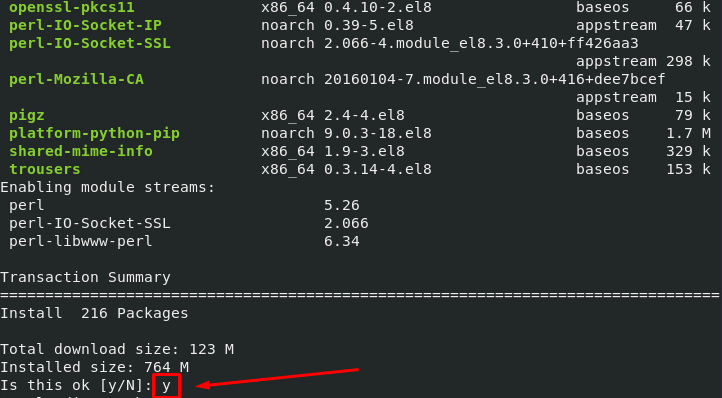

It will output the packages which match the most terms first followed by the next highest number of matches, etc.

This allows you to search for information from the various metadata available about packages. : automatically prompting the user as necessary. It takes the same arguments as yum list but it is best run with a specific package name or glob.ĭescription: Yum is a utility that can check for and automatically download and This displays more information about any package installed or available. Please see the YumGroups page on this wiki for information about the above commands. This command allows you to refine your listing for particular packages.Įxactly like yum list updates but returns an exit code of 100 if there are updates available. This command lists any package added to any enabled repository in the last This command lists any package in an enabled repository which is an update This command lists any obsoleting relationships between any available package Useful for finding packages which lingerīetween upgrades or things installed not from a repo.

This command lists any installed package which no longer appears in any Lists all the packages available to be installed in any enabled repository Note: 'yum list all' and 'yum list' give the same output. Repositories and all the packages installed on your system. Well as refine your list with a package specification of any of the package'sīy default 'yum list' without any options will list all packages in all the It also lets you list specific types of packages as This command lets you list packages in any repository enabled on your For a complete list see the yum man page. Var: installed_pkg.This is not an exhaustive list of all yum commands but it is a list of the basic/common/important ones. You should be able to make a combined list of all of them using list concatenation and two yum tasks: - yum: We can also confirm this by Ansible code source, where the list value is considered in an if. The list parameter is a string, not a list, as pointed by the documentation, so, if you pass something else than the reserved words - installed, updates, available or repos - it will be considered as a packaged and will probably return your nothing.


 0 kommentar(er)
0 kommentar(er)
